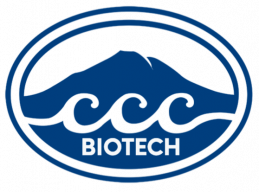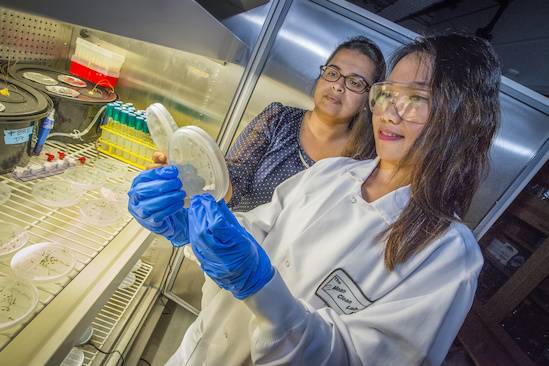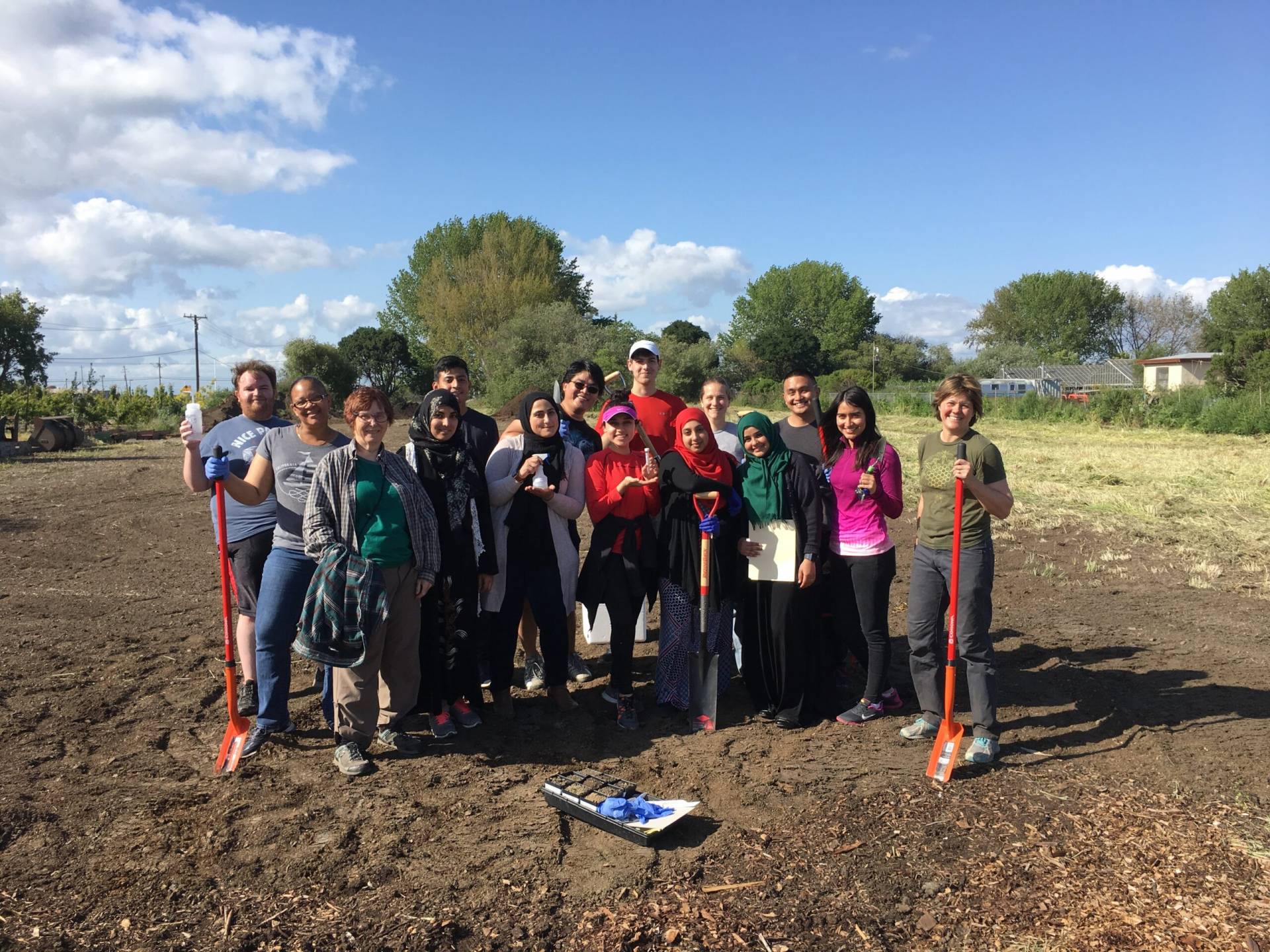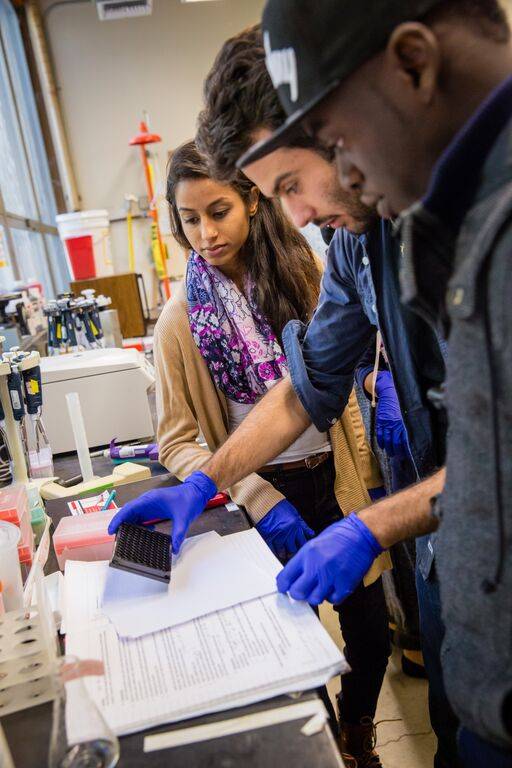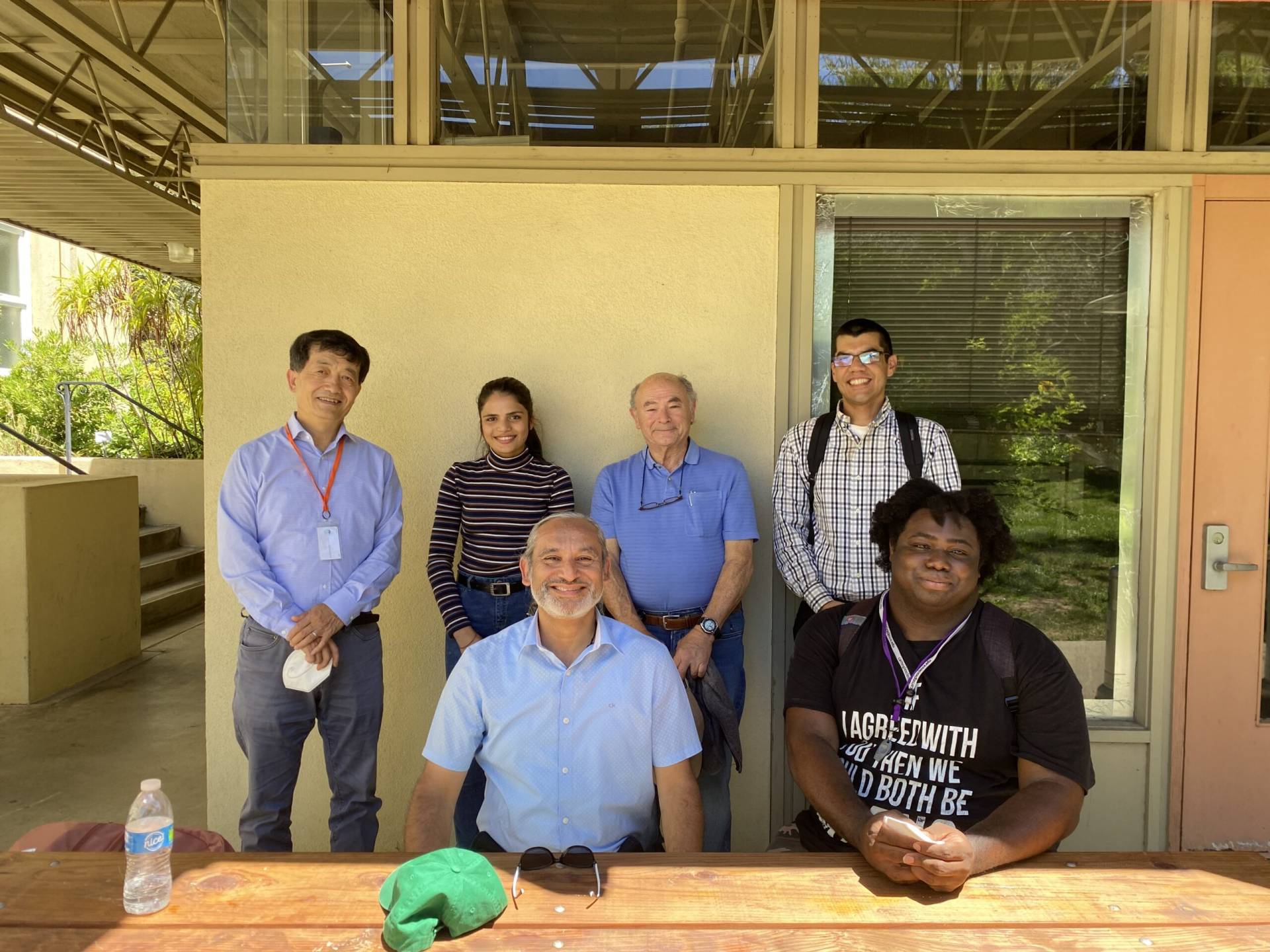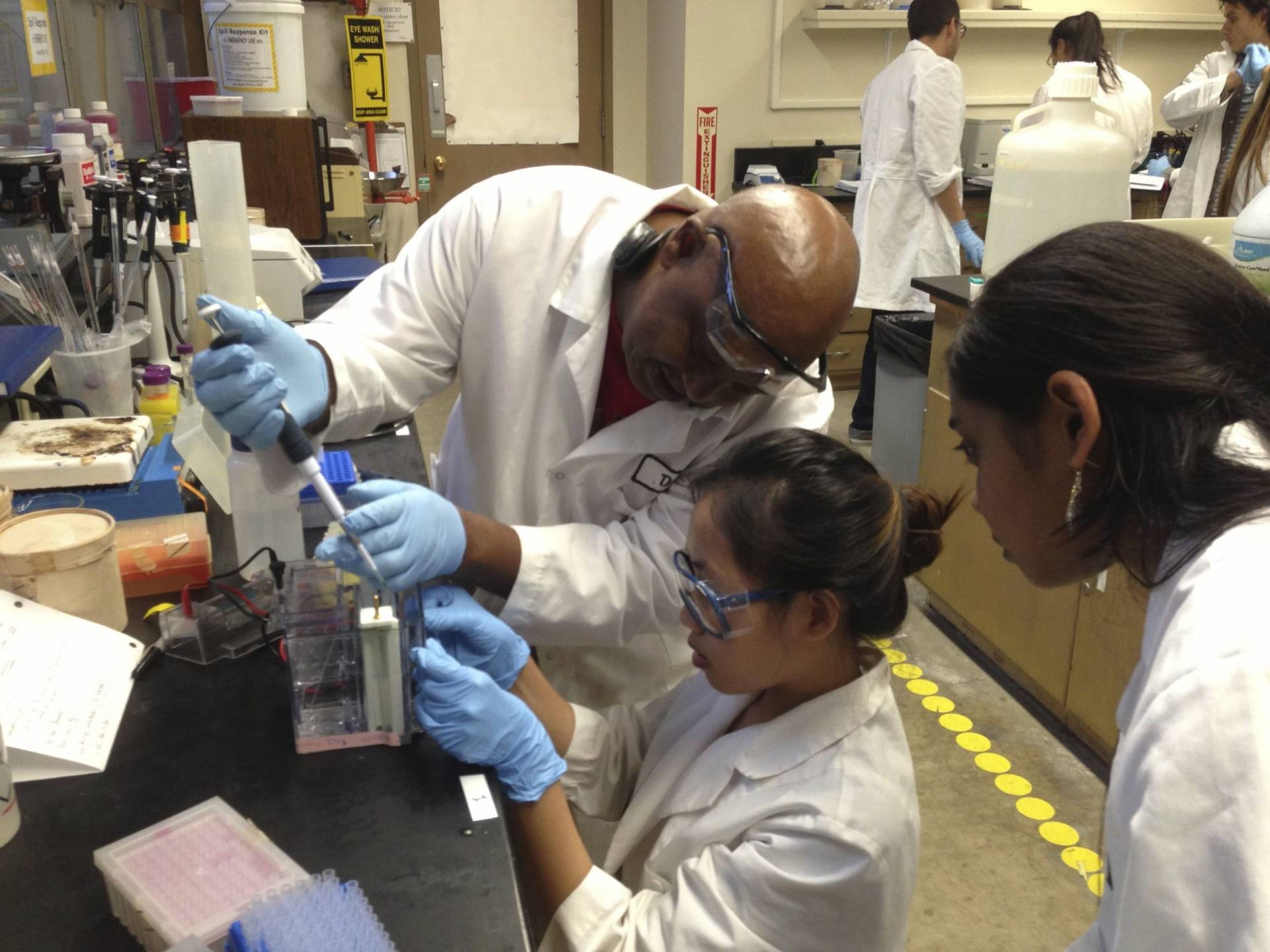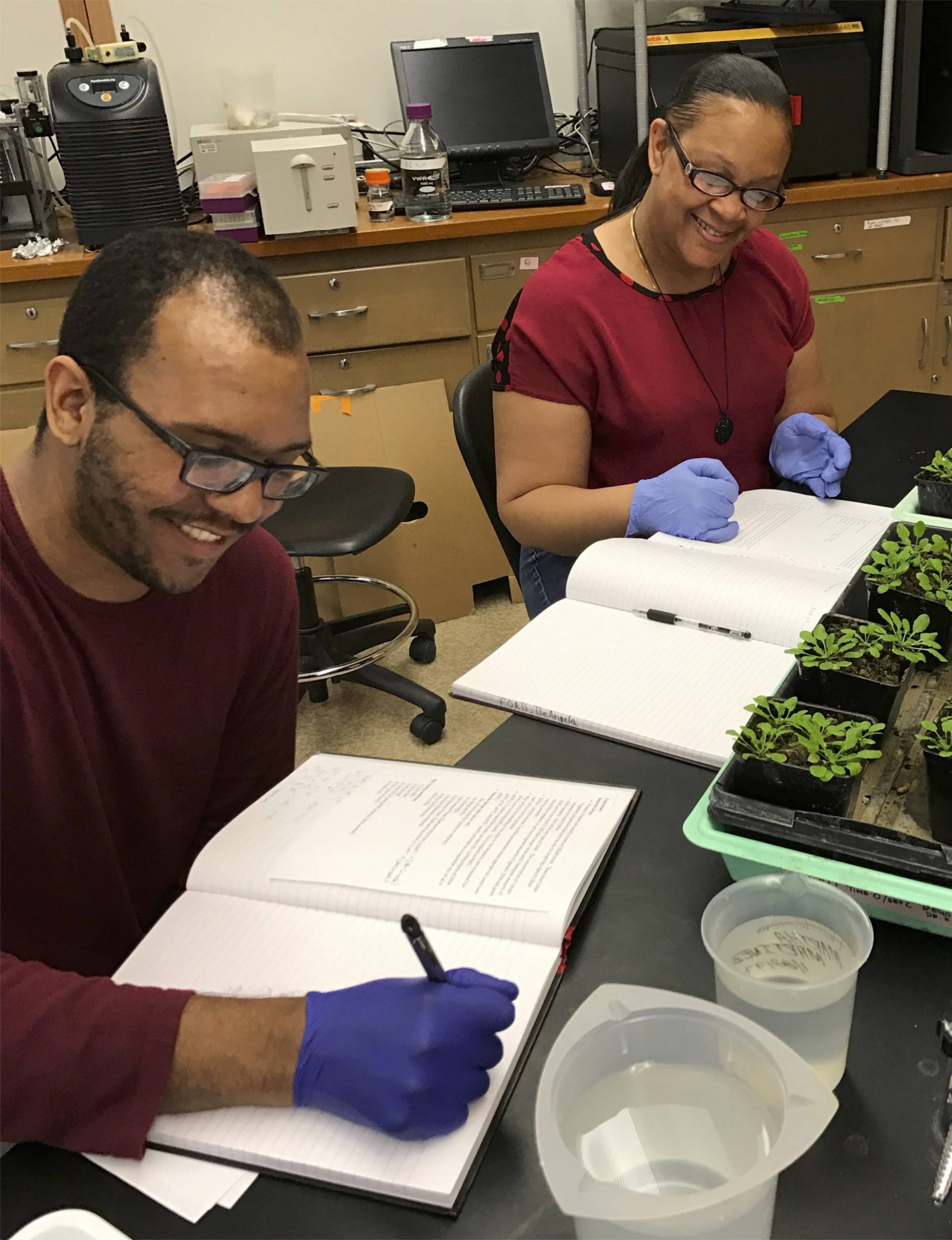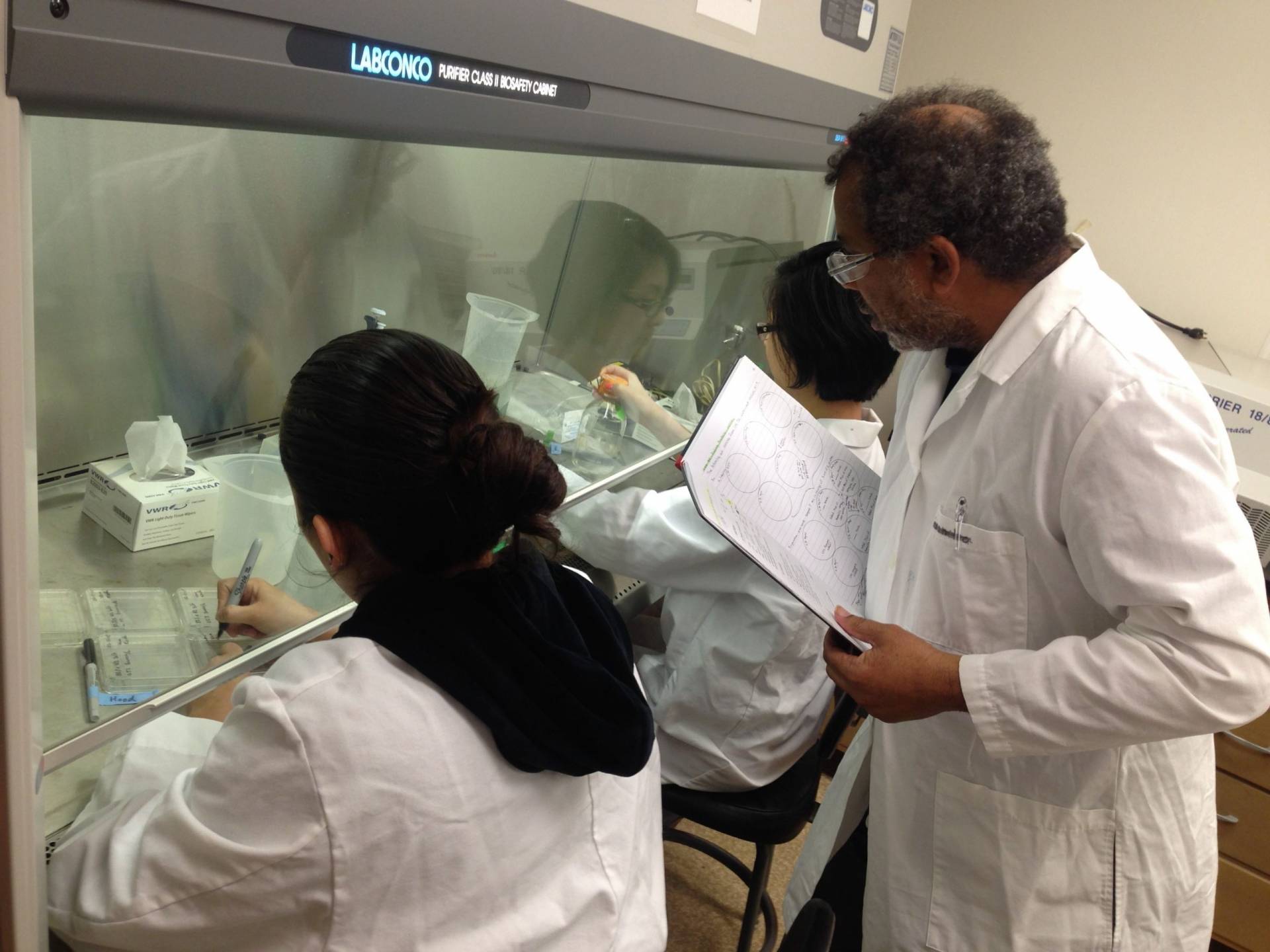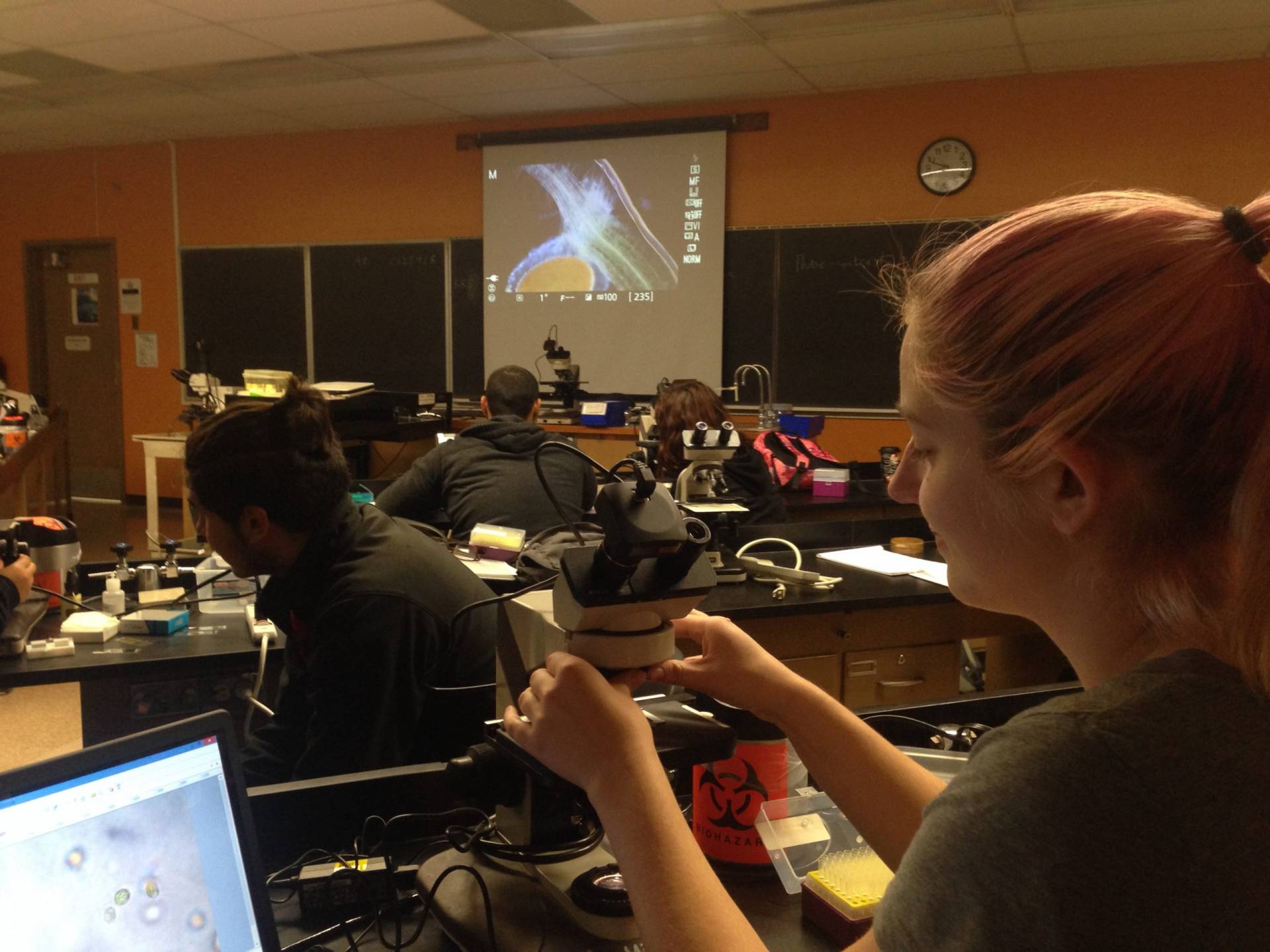The Laboratory Professional I certificate provides students knowledge and skills needed for internships, employment and career in the life science industry. Students gain laboratory skills through training and practice according to life science industry professional standards. Students work on real-world projects which are all hands-on and include scientific sampling, analysis, and data collection. Students in the program will also gain the ability to prepare and effectively present scientific work, data and laboratory analysis to a wide variety of audiences. Students completing this certificate are well-prepared for internships in university, government, and life science industry laboratories. The Laboratory Professional I certificate is also useful for gaining laboratory employment
Course Requirements (2 total, 144 hours)
Scientific laboratory training and experience (Choose 1)
- BIOSC888N – Biotechnology Operations (72 hours)
- BIOSC857N/859N – Foundations in Biotechnology (108 hours)
Scientific Communication
- BIOSC876N – Scientific communication (18-54 hours)
Competencies
- Team-based scientific projects
- Science communication (scientific report, social media, workshop)
- Able to work in both directive-driven and in consensus-driven environments
- Perform calculations related to reagents, solutions and media formulations
- Critical examination and analysis of data
- Strong technical skills (precision in pipetting, weighing, sample handling, avoid contamination)
- Test-specific math (analysis, statistics, standard curve)
- Graduates are enthusiastic about the field and have the courage and ability to think critically about their projects. They are willing to both explore available information independently and also direct questions to appropriate co-workers when solving problems and improving efficiencies in their work.
Skills In
- Scientific sampling, documentation and assays
- Project management
- Scientific analysis and communication
- Management and communication of scientific information
- Project management (including timely preparation of deliverables)
- Perform measurements, tests or assays and present data in an appropriate manner
- Quality Assurance / Quality Control including Documentation (notebook, batch records, data logs)
Knowledge of
- Lab processes and procedures
- Scientific report basics
- Scientific experimental design and analysis
- Appropriate selection of data; perform data analysis; create figures and text
- Scientific process
- Workshop basics: content, structure, audience, purpose
- Agronomic traits and measurementsc
- GMP and GLP
Ability to
- Prepare and present scientific work to a wide variety of audiences
- Follow SOP’s for accurate data collection
- Work effectively on a team and develop new methods for continuous improvement
- Final editing and production of scientific report, statistics, references
- Effective workshop methods and elements
- Communication and teamwork
- Method development
What type of jobs does this prepare for?
- CCC-BEST on-campus internship
- Internships at university, government, and life science industry labs
- Laboratory employment
Student Learning Outcomes
- Students will be able to deliver an effective scientific report appropriate for the intended audience. Rubric based on goals set by the customer will be used to assess the reports
- Students will be able to create workshop presentation materials and deliver an effective life science workshop appropriate for the audience. Survey based on goals set by students will be given to the audience to measure effective use of materials, presentation, and achievement of communications goal
- Students will be able to create and publish at least one social media product. A feedback mechanism based on the stated goal(s) of the product will be used to measure the response of the digital audience to the product
For the official Laboratory Professional I Non Credit Certificate Program Outline of Record (POR) click here.
